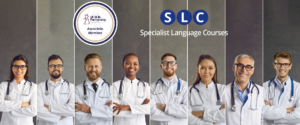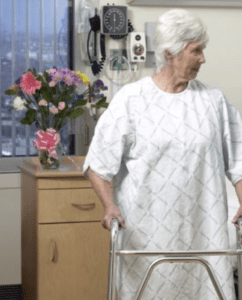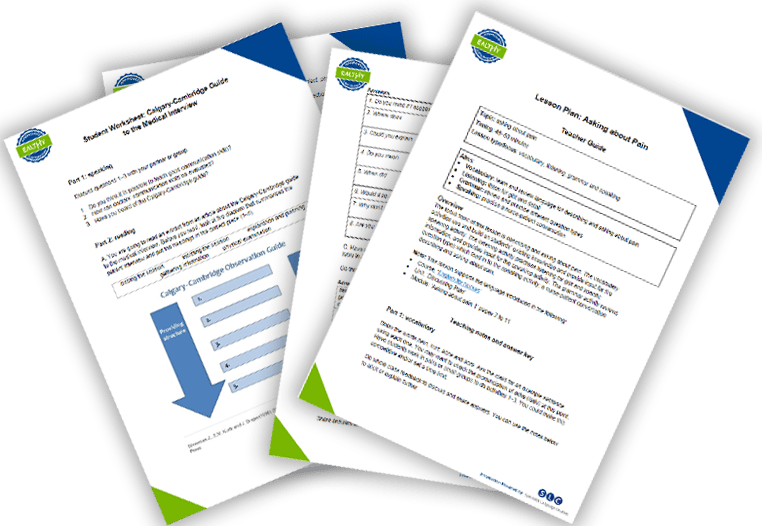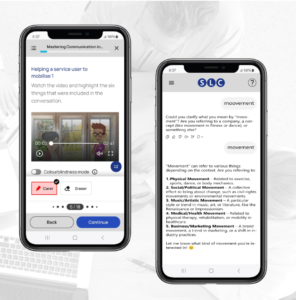
SLC Joins UK Skills Partnership as Associate Member
We are delighted to announce that SLC has joined the UK Skills Partnership as an Associate Member.

This lesson plan focuses on Introducing yourself to patients using respectful language.
A2 level
● Topic: Using respectful language
● Timing: 45-60 minutes
● Lesson Type/Focus: Reading and Vocabulary
● Level: A2
● Vocabulary: review/learn vocabulary related to ways to be respectful with patients
● Reading: improve reading skills and comprehension
The focus of this lesson is a reading activity to introduce and develop the topic of respectful language used with new patients. The text is about the different ways carers should introduce themselves to patients. The reading comprehension exercise provides students with some suggestions on how to approach new patients and with new vocabulary that can be useful in their daily life activity as carers.
Note:while this lesson plan works as an independent plan, it uses material and language in the following:
● Course: English for Care: delivering outstanding care
● Unit: Patient Admission
● Module: Introducing yourself and welcoming a patient, p6
Put students into pairs/small groups.
A. For the first question, encourage students to share examples from their lives and work. Elicit or supply the words formal, informal and polite to help them to talk about differences between greetings.Elicit answers from students and feedback to class –write down the answers so that they are visible to students.
B. For the second question, put students into small groups or pairs. Show students the two pictures below and ask them to think about whether they would greet the younger and the older patient the same way. Encourage them to talk about their relationships with patients and to share examples from their lives at work.Elicit answers from students and feedback to class –write down the answers so that they are visible to students
PICTURE A

PICTURE B

The language we use with friends is typically informal, while we use more formal language with strangers. With colleagues, it may well depend on factors such as seniority or how long the relationship has been to determine what kind of language is most suitable.
The way we greet younger or elderly patients is likely to vary as older people may feel disrespected if addressed with informal language. We may always use Mr/Mrs/Ms with elderly people, as opposed to first names with younger ones. We may also use Good morning/Good afternoon as opposed to Hi/Hello.
Elicit answers from students and feedback to class – write down the answers so that they are visible to students.
Download the complete lesson plan and student worksheet:

We have many more available on our partner’s website. EALTHY is a unique international association for
English for Healthcare teachers, writers and researchers. It offers members a growing bank of lesson plans, OET resources, articles and research summaries, as well as free and discounted access to conferences, journals, publications and SLC courses!
Through our partnership, we publish at least three new plans in the EALTHY Members Area every week. So, if you’re a teacher looking for excellent resources, now is the time to join an international English for Healthcare community and take advantage of everything EALTHY has to offer.
Annual memberships are available for teachers and for institutions. We hope very much to see you there!
Get your monthly updates and latest materials on Medical English

We are delighted to announce that SLC has joined the UK Skills Partnership as an Associate Member.

We’re delighted to have won a grant from Ufi VocTech Trust to develop an AI-driven technology solution that provides cheap phone-based language and communication skills
